Prime Minister Dr Harini Amarasuriya emphasized the urgent need for action to ensure that menstruation does not hinder anyone’s health, education, or dignity.
The Prime Minister stated this while addressing the research launch of the Collective Action Against Period Poverty (CAAPP) project, held today, May 27, 2025, at the Galle Face Hotel in Colombo.
The event was graced by Prime Minister Dr Amarasuriya, and Mr. Rémi Lambért, the Ambassador of France to Sri Lanka and the Maldives.
Dr .Amarasuriya further stated, “The latest research, focused on communities in Trincomalee, Kandy, and Colombo, lays bare uncomfortable truths: too many girls still miss school because they lack access to menstrual products; too many women turn to unsafe alternatives; and stigma continues to silence and isolate. This must change. We must act urgently and decisively to ensure that menstruation does not hinder anyone’s health, education, or dignity.”
The Family Planning Association of Sri Lanka (FPA Sri Lanka), in partnership with the Embassy of France in Sri Lanka and the Maldives, hosted the official launch of the Collective Action Against Period Poverty (CAAPP) research.
This landmark event marks a critical step in addressing menstrual health and hygiene (MHH) challenges across the country, particularly in underserved and marginalized communities.
Ambassador Lambért emphasized, “The CAAPP project has allowed us to collectively reflect on sustainable solutions, with a positive and lasting impact on the lives of thousands of women and girls. The research and evidence generated by our partners will help shape long-term responses rooted in local expertise.”
Both Dr .Amarasuriya and the Ambassador of France to Sri Lanka and the Maldives, Mr. Lambért, reaffirmed their governments’ and institutions’ shared commitment to promoting gender equality and bodily autonomy.
Today’s research was launched by the Centre for Poverty Analysis (CEPA), the Human Development Organization (HDO), and the Rural Economic and Community Development Organization (RECDO).
CEPA presented an analysis exploring knowledge, attitudes, and practices related to menstrual hygiene in selected communities in Colombo and Nuwara Eliya. HDO shared findings from their work with plantation communities in Kandy and Nuwara Eliya, while RECDO presented a study on menstrual health, cultural influences, and institutional practices among Muslim girls in Trincomalee.
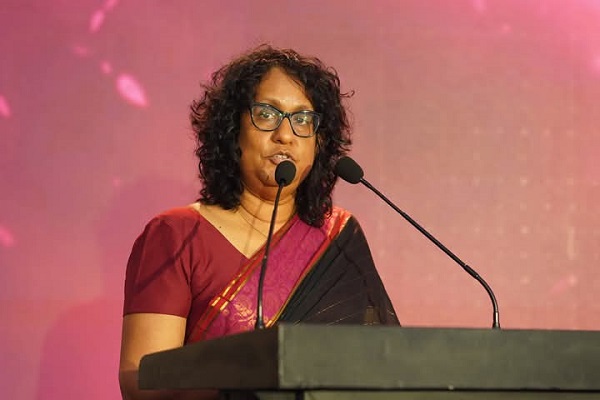
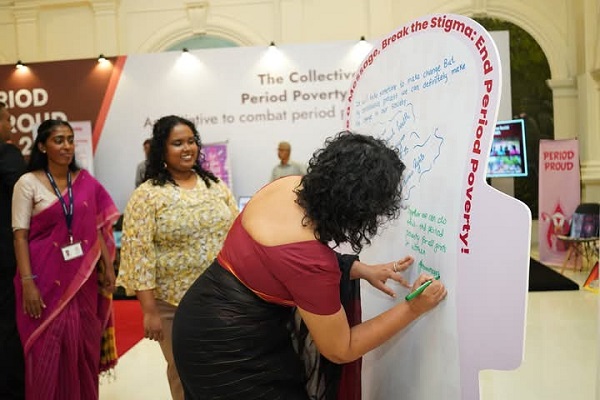
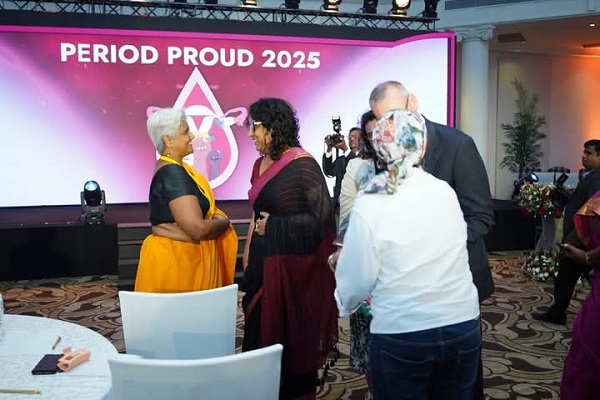
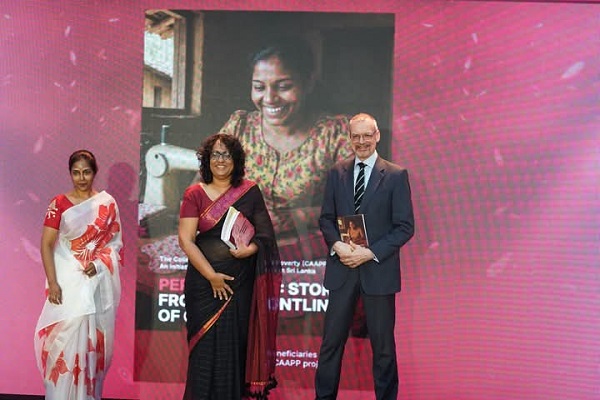
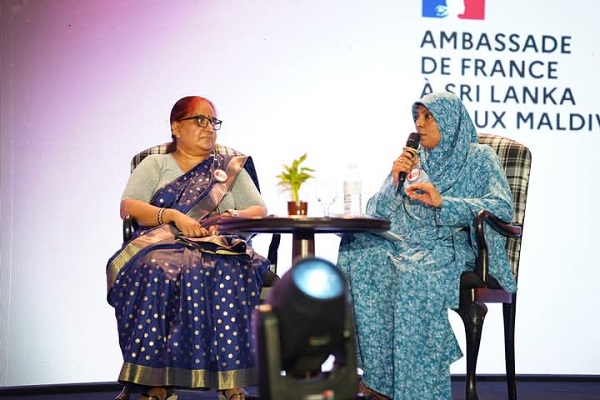
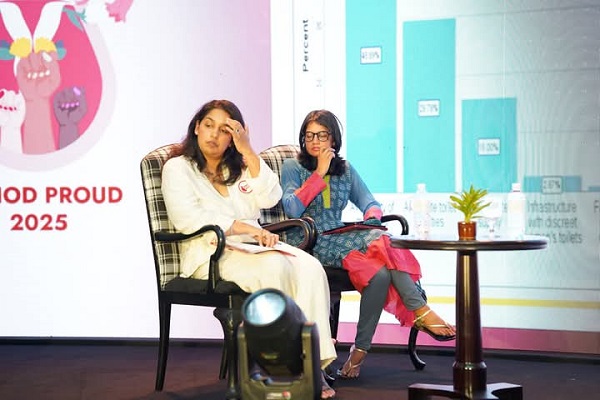
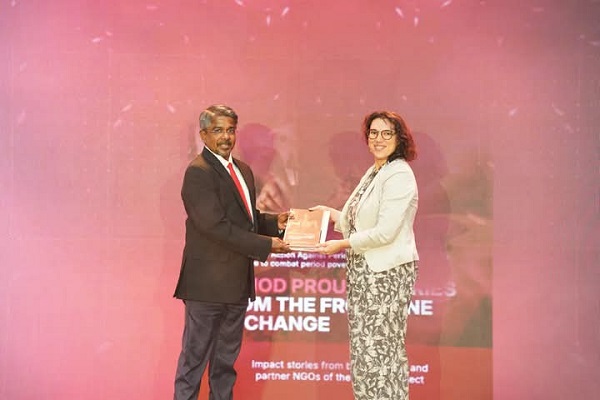
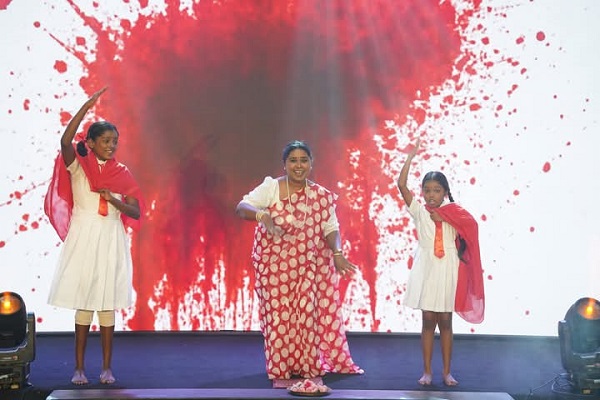
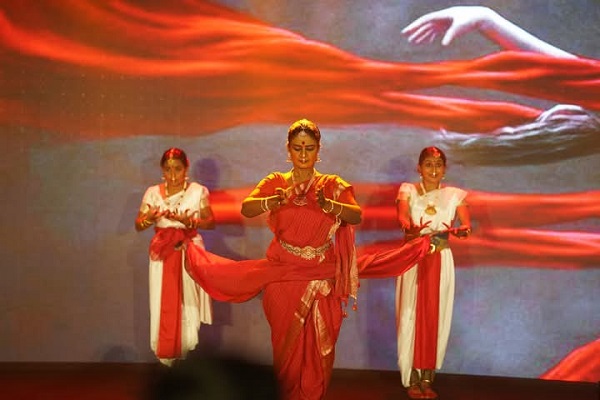
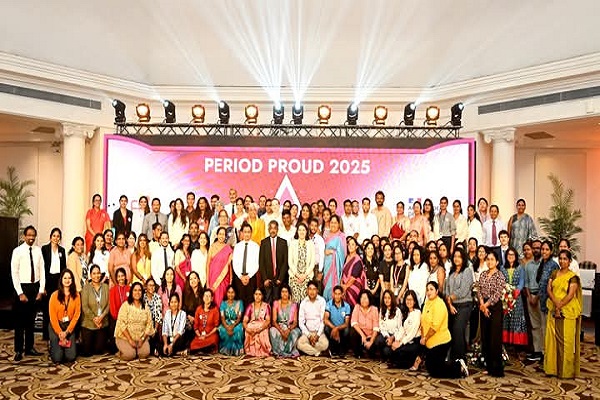
Leave Comments